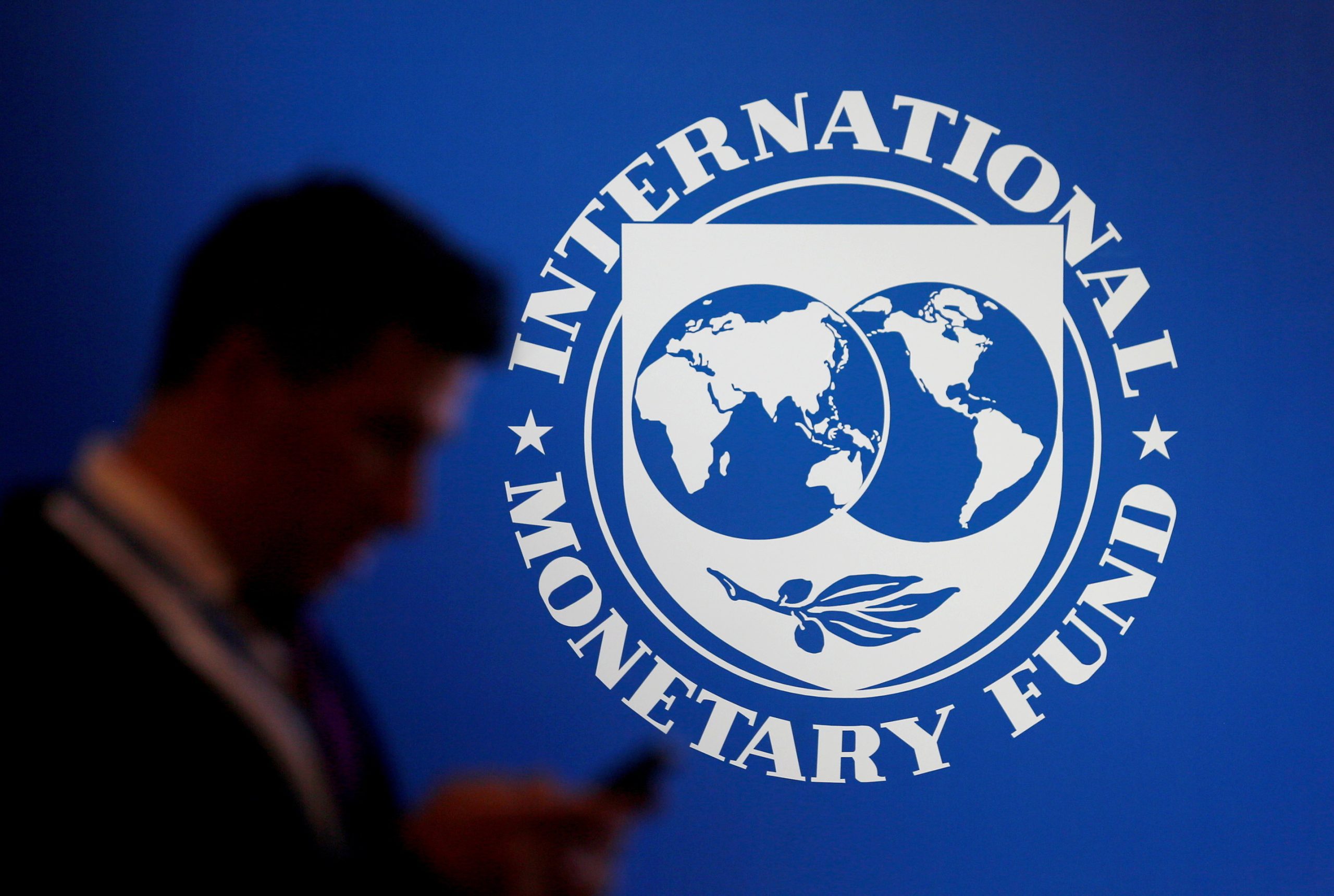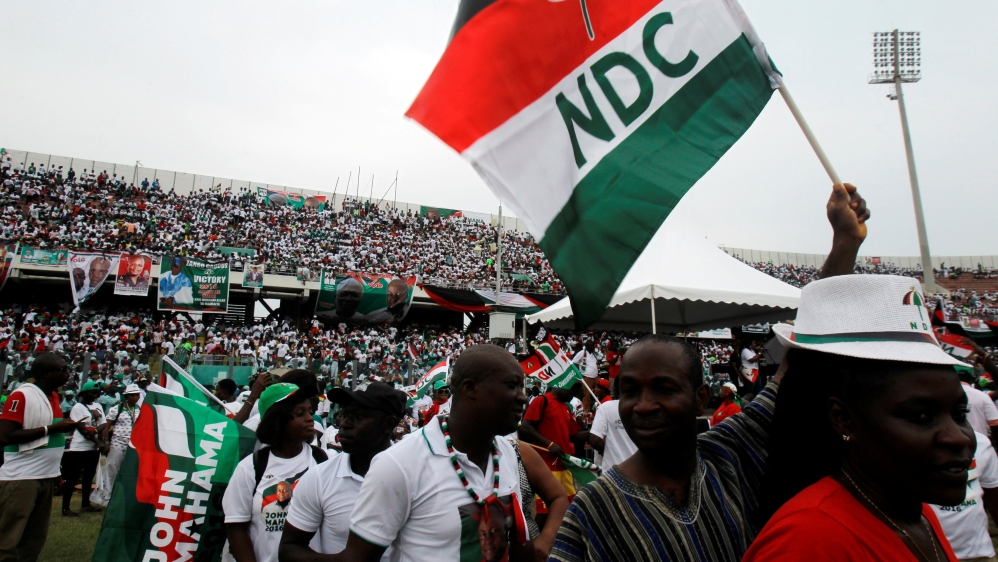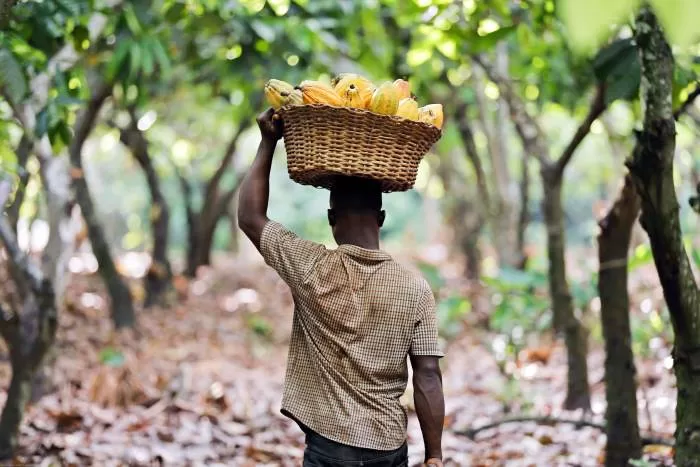The International Monetary Fund (IMF) team will be in Ghana from December 1 to 13 to further discussions towards the agreement on the policies and reforms for the Fund’s loan-support agreement.
The implementation of the loan-support programme, after a successful negotiation with the IMF, is to aid Ghana restore macroeconomic stability and confidence and alleviate the sufferings of Ghanaians amid the current economic hardship.
Mr Stéphane Roudet, the IMF Mission Chief to Ghana, said: “The IMF is fully committed to help Ghana restore macroeconomic stability, bring relief to Ghanaians in the times of crisis and lay a solid foundation for more growth.”
The IMF said the negotiation for the loan-support programme had been necessitated by Ghana’s fast worsening fiscal and debt vulnerabilities amid an increasingly challenging external environment.
The previous IMF arrangement with Ghana was a three-year Extended Credit Facility (ECF) between 2015 and 2018, which was extended to April 2019.
In the 2023 budget statement and economic policy, Mr Ken Ofori-Atta, the Finance Minister, said the government would work to fast-track the IMF programme negotiations by the end of the year.
The programme has three strategic pillars – coordinating an equitable debt operation programme and attracting significant green investments, restoring macroeconomic stability and accelerating economic transformation.
The three pillars are to anchor a seven-point agenda as articulated in the Post-COVID-19 Programme for Economic Growth (PC-PEG) comprising aggressive domestic revenue mobilisation and streamlining and rationalising expenditures.
The pillars are also to boost local production capacity, promote and diversify exports, protect the poor and vulnerable, expand digital and climate-responsive physical infrastructure and help implement structural and public sector reforms.
“This will enable us to generate substantial revenue, create needed fiscal space for the provision of essential public services and facilitate the implementation of the PC-PEG programme to revitalise and transform the economy,” Mr Ofori-Atta, said.
He said the PC-PEG programme, with support from the IMF, World Bank, and the private sector, would fundamentally reposition the economy, with the citizenry also making some sacrifices.
He said: “We are mindful that it will require broad-based contributions and sacrifices. There will be costs to the fiscal adjustments we intend to make in the coming years to sustain our stability, recovery and eventual transformation.”
“My pledge to this House is that there will be fiscal discipline. That every pesewa that we ask the Ghanaian people and businesses operating in Ghana to contribute will be spent well, “ Mr Ofori-Atta said.

















